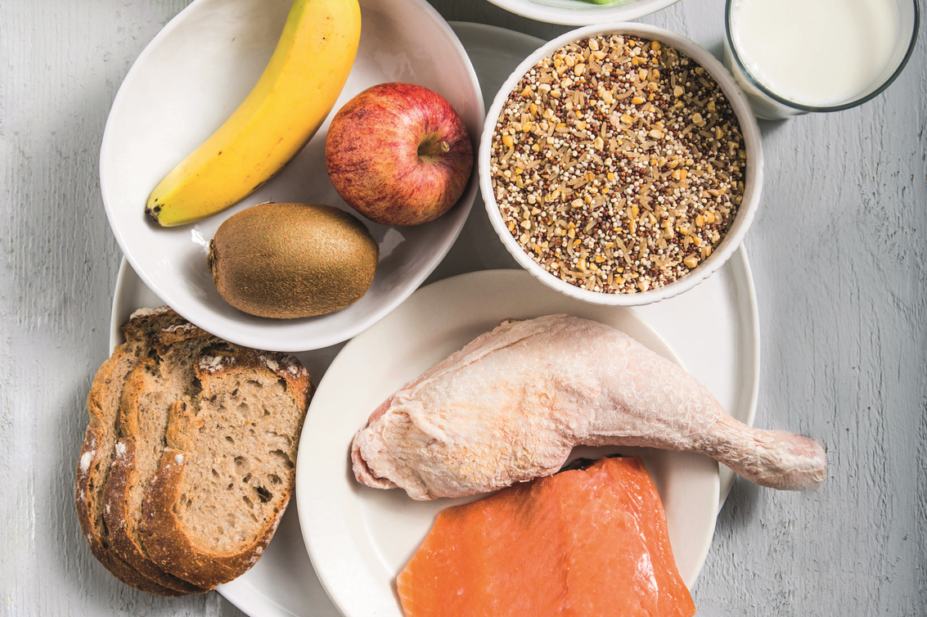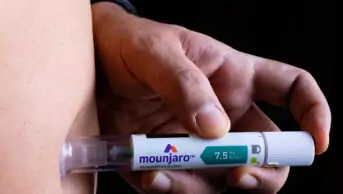
Alamy
Lifestyle interventions to improve nutrition and exercise can cut the number of overweight and obese people who are eligible for antihypertensive medicines, according to an analysis presented at the American Heart Association Joint Hypertension 2018 Scientific Sessions in Chigago, Illinois[1]
.
Researchers studied data on 129 overweight or obese individuals aged 40–80 years old with a blood pressure reading of 130–160mmHg/80–99mmHg who were randomly assigned to follow either the DASH (Dietary Approaches to Stop Hypertension) diet; the DASH diet plus a behavioural weight management programme; or to continue with their normal habits.
The DASH diet places an emphasis on fruit, vegetables and wholegrains, and limits sugar and saturated fat consumption.
Before the trial, 53% of individuals across the three groups were eligible for antihypertensive treatment, according to US guidelines.
At the end of the intervention, individuals eligible for treatment fell from 51% to 23% in the DASH alone group and from 54% to 15% in the DASH plus weight management group. It did not change significantly in the control group (55% to 48%).
“In overweight or obese men and women with hypertension, lifestyle interventions dramatically decrease the number of individuals for whom guideline-directed antihypertensive medication is indicated,” the researchers concluded.
References
[1] Hinderliter A, Smith P, Sherwood A et al. Lifestyle interventions reduce the need for guideline-directed antihypertensive medication. Presented at: AHA/ASH Joint Hypertension 2018 Scientific Sessions. 6–9 September 2018; Chicago, Illinois. Abstract available here: https://professional.heart.org/idc/groups/ahamah-public/@wcm/@sop/@scon/documents/downloadable/ucm_502492.pdf pp329 (accessed September 2018)


